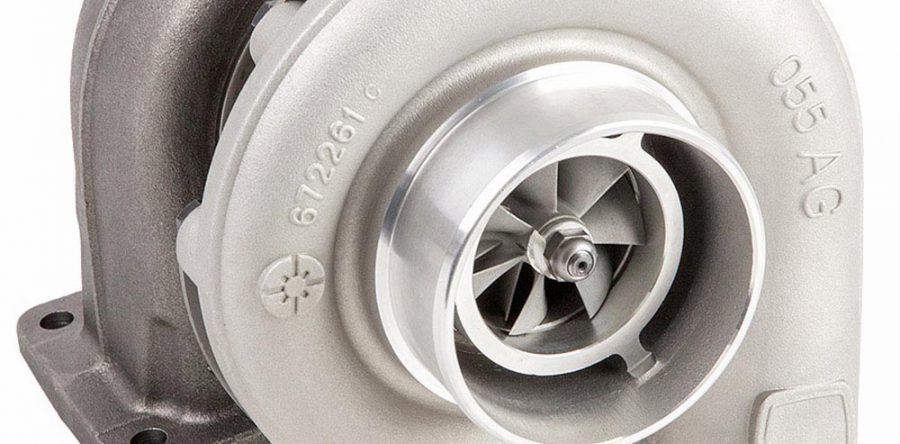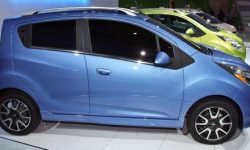
January 18, 2013 - We all know cars with turbochargers cost more to buy than cars without turbos, usually around $500 to $2,000 more. However, does buying a car with a turbocharger save you money in the long run?
In the past, turbochargers were used to increase performance and were added to cars which already had big heavy engines in order to give them even more horsepower. Nowadays, turbos are being added to smaller cars with lighter engines to make them more fuel efficient. The turbo acts as a fan, pushing clean air into the engine, creating better efficiency.
Turbos also use to require more expensive high-octane gas. Technological developments have made this unnecessary. More sophisticated electronics allow turbos to run on cheaper, low-octane gasoline.
Turbochargers allow a smaller lighter engine to have the same power as a non-turbo vehicle with a larger engine. This means you get the same amount of power with a lighter car. A lighter car equals better fuel efficiency. You can get the same power out of a four cylinder that you would a six cylinder and pay less at the pump.
According to Ford, their Ecoboost turbocharger improves an Explorer’s highway fuel economy by 12 percent, compared to their non-turbo V6. 12 percent adds up over the lifetime of an automobile.
The fuel economy improvement in diesel vehicles is even bigger. Some experts say a turbocharger on a diesel engine can improve fuel efficiency by 40 percent.
Now, after all that you might be thinking turbochargers are definitely the way to go. Before you think you will end up saving in the long run you must also realize that a turbocharger is basically a wearable part. Meaning, sooner or later it will breakdown and it will have to be replaced. Depending on the car and how it is taken care of, a turbo will go bad anywhere between 80,000 and 150,000 miles. Turbochargers are not cheap. They can range anywhere from $700 to $3,000 dollars, plus labor.
My suggestion is to go with a turbochager, but take care of your car. Do not procrastinate oil changes. Oil is the lifeblood of turbochargers. However, my suggestion may be mute. In the near future many cars will be turbocharged, so you might not have a choice. Stricter fuel efficiency regulations and consumer demand for more efficient cars are causing more manufacturers to add turbos to their vehicle. Currently only ten percent of the vehicles sold in the states have a turbocharger. According to Borg Warner 40 percent of light vehicles sold in the USA will have turbos by 2016.
So, a turbocharged car may cost more at the beginning, could save you at the pump over the life of the vehicle, but could also cost more in maintenance and replacement.
What do you think? Is your next car going to be turbocharged?






